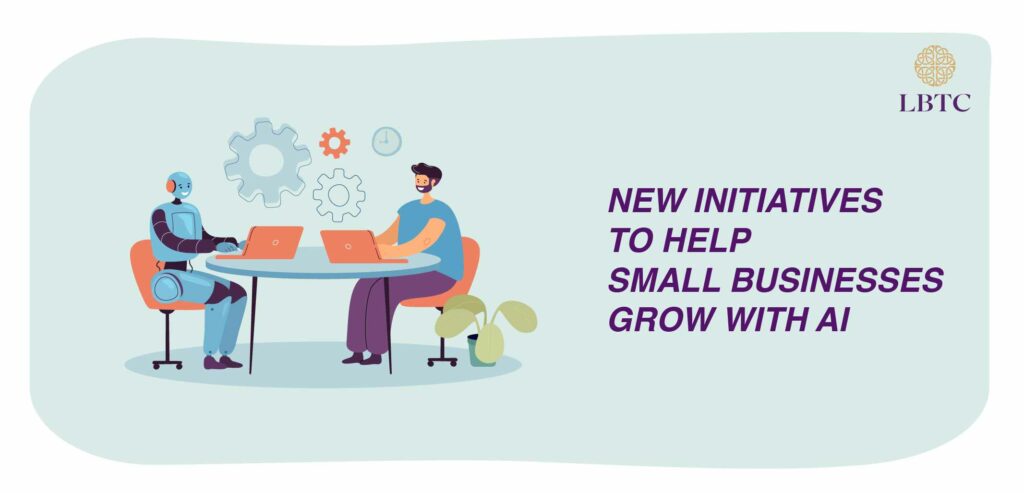
Today artificial intelligence (AI) is no longer a futuristic concept—it is a transformative tool that is reshaping how businesses operate, compete, and grow. For small businesses in particular, access to AI technologies has historically been limited due to cost, expertise, and infrastructure challenges. However, recent initiatives are changing that narrative, offering hope and opportunity to small enterprises ready to scale up.
One such initiative making headlines is Google.org’s new commitment to helping small businesses harness the power of AI through dedicated business training and funding support.
Google’s £60 Million Commitment to AI Training
Google.org, the philanthropic arm of Google, has recently announced a £60 million global commitment to support small businesses in adopting AI. This major investment includes not only funding but also free training resources to ensure that entrepreneurs can understand and implement AI technologies effectively.
At the core of the initiative is a new partnership with global non-profits and local organisations aimed at bridging the knowledge gap in digital skills. The goal is to provide accessible AI-focused business training programmes to underserved communities and business owners who may otherwise be excluded from the AI revolution.
By offering these resources, Google hopes to empower over one million people with essential AI skills—particularly in regions where small businesses are a vital part of the local economy.
Levelling the Playing Field
The importance of such initiatives cannot be overstated. Small businesses often face resource constraints that prevent them from accessing cutting-edge technology. AI can help them automate processes, understand customer behaviour, improve marketing strategies, and optimise operations—all of which are crucial for sustainable growth.
With tailored business training in AI, small business owners can gain the confidence and knowledge needed to make informed decisions about adopting and using these tools. From chatbots for customer service to AI-powered analytics for better forecasting, the possibilities are vast and impactful.
Real-World Applications of AI for Small Businesses
Many small enterprises are already seeing success by embracing AI. Examples include local retailers using AI to personalise shopping experiences, small marketing agencies automating campaign analysis, and logistics firms using predictive algorithms to improve delivery efficiency.
The key, however, lies in education—making sure that business owners understand what AI can do, and how it can be applied to their specific context. That’s where well-structured training programmes, such as those supported by Google.org, make a significant difference.
Conclusion
The future of business is being written with AI, and small businesses should not be left behind. Initiatives like Google.org’s funding and training commitment are vital in democratising access to technology and building a more inclusive economy. As AI continues to evolve, so too must the support systems that help small businesses adapt and thrive.
For business owners looking to embrace digital transformation, now is the time to engage with structured business training and unlock the growth potential AI has to offer.

Leave a Reply